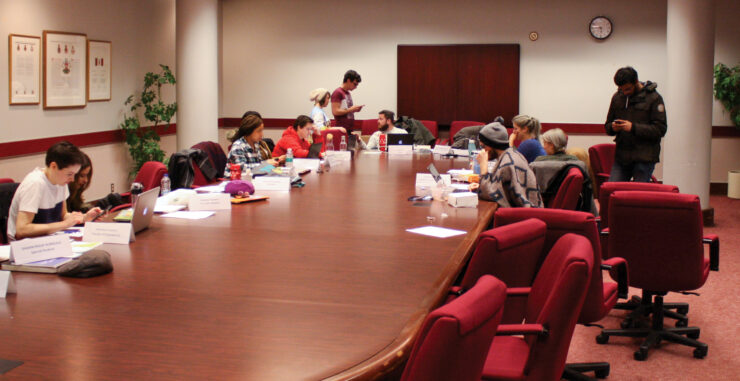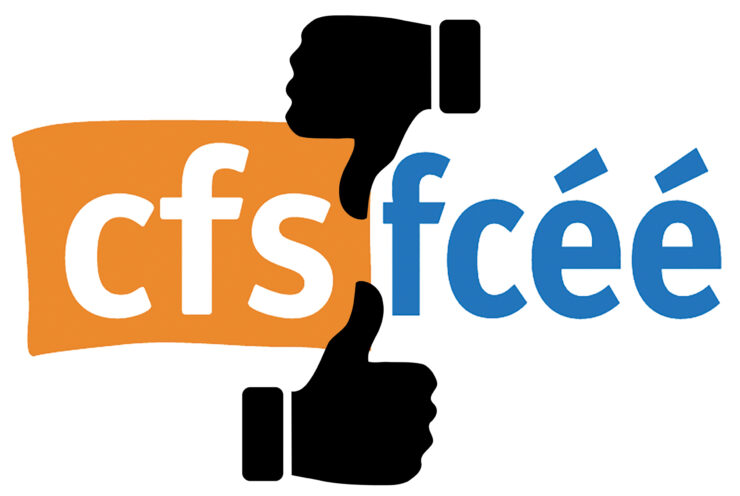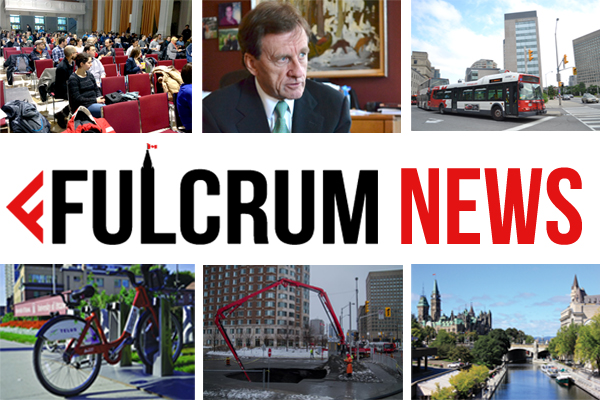Campus Pride Week features broad spectrum from celebratory to somber events
Campus Pride Week gives members of the LGBTTQ+ community and allies a chance to come together to celebrate pride on campus, featuring a selection of events from a board game night to a drag contest and variety show. Amongst all the celebrations, however, the Student Federation of the University of Ottawa’s (SFUO) Pride Centre included important workshops on more serious topics, such as colorism, respectability politics, and asexuality.
One of these workshops concerned the subject of intimate partner violence in the LGBTTQ+ community. Although domestic violence is a popular topic in mainstream media, people rarely take the time to think about how it can affect people differently depending on their sexuality and gender identity.
The workshop, which took place on March 4, was hosted by Sam Whittle, a registered social worker and the owner of Venus Envy Ottawa. Whittle is a queer woman herself and has dealt with intimate partner abuse in the past, making it an issue close to her heart.
When Whittle was in this relationship, she says “it took (her) a really long time to figure out what was going on was abuse,” despite her involvement in feminism and providing support for survivors. This caused her to reflect on the information she had been taught about abusive relationships and how it simply “didn’t relate to (her) relationship” as it had been “kind of created for straight, cis folks.”
“I started giving these workshops to make more space in the queer community to talk about what abuse actually looks like in queer relationships,” says Whittle.
Whittle talked about the way in which mainstream ideas of what survivors and perpetrators look like, as well as what constitutes an abusive relationship, can prevent some people from being able to recognize abusive elements in their relationships. Although there is no official list of what is and isn’t abuse, Whittle gave attendees a piece of advice to remember in order to try and figure out if they or their friends are in abusive relationships.
“The key thing to think about is what it’s doing in a relationship. Whose life is getting bigger as a result of this kind of thing, and whose life is getting smaller? Who’s getting more power and who is getting less power? Who is more isolated at the end of the day, and is who has more community because these things are happening?”
Whittle mentioned some of the ways in which people are abused in relationships that are not often talked about and encouraged attendees to contribute as well. She also paid special attention to “outing”, whether it is outing someone’s sexuality, gender identity, work as a sex worker, or anything else that a perpetrator may hold over a survivor’s head in order to manipulate them.
Whittle also specified that abusive relationships are not always consistently bad, and this is a reason many people have a difficult time leaving them or even recognizing that they are being abused.
“I think we have really uncomplicated views of abuse, where it’s like ‘if you were actually being abused, you would obviously hate this person, you would get out as quickly as you could’ and if that’s not exactly what you did, then that’s not abuse. That’s the narrative that we have… but it’s not everyone’s experience.”
In the final portion of the workshop, Whittle discussed different barriers to accessing services that queer people in abusive relationships face. She focused on police, women’s shelters, hospitals, and LGBTTQ+ support centres, and how these main services for abuse victims are not accessible for everyone, whether it’s because of age, location, or simply the fact that some forms of abuse are not technically illegal.
The workshop consistently reiterated the fact that not all abusive relationships look alike or fit stereotypes, and for this reason it’s important to remember this when evaluating our own relationships.
If you or someone you know is in an abusive relationship, check out the resources at http://connectingottawa.com/services/17 from Connecting Ottawa to find help.





